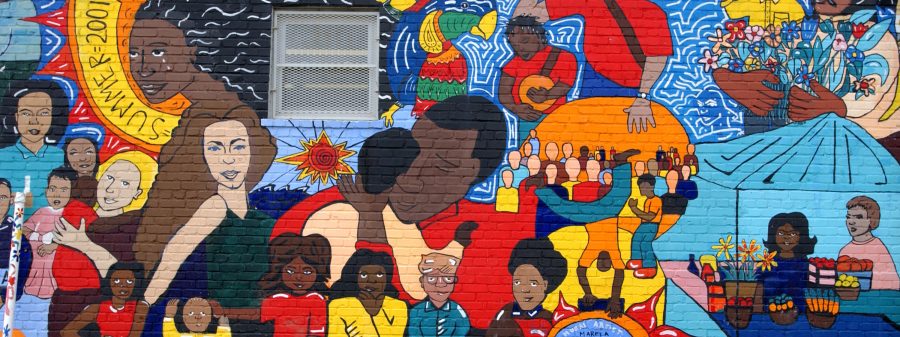
I was born in Los Angeles, and in 1963 I experienced the greatest moment of my childhood when the Dodgers won the World Series in a four game sweep over the New York Yankees. The city was euphoric. Little did I know at the time that this joy was built on the pain of a once-vibrant Latinx community. Chavez Ravine would be the eventual site of Dodger Stadium. Through eminent domain and other coercive means, most of the ravine’s residents were dislocated for a housing project that eventually stalled. The land was later conveyed to the Dodgers in 1958. As a result, the authorities forcibly removed families from the homes built by their grandparents.
We see life through our own lenses, and the only way to broaden our perspective is to explore the rich kaleidoscope of other cultures and worldviews. By doing so, we gain a context from which to better judge our own values and approaches to life.
When my mom and dad first took me to Olvera Street, the birthplace of Los Angeles, it was then, as it is today, a tapestry of art, clothing, jewelry, food, music, and dance. My dad was born and raised in Ecuador, and it was fascinating to listen to him speak Spanish with the merchants as they exchanged greetings and laughter.

About the Author
Michael Blanco
Interest Areas
- Exploring historical antecedents of contemporary culture
- Optimizing institutional practices to support diversity, equity, inclusion, and sense of belonging
Hispanic Heritage Month
Hispanic Heritage Month, which runs September 15 through October 15, 2021, is a full exploration of Latinx culture including, of course, the small slice I experienced on Olvera Street. Yet, we can never allow celebration to obscure inconvenient truths. Spanish colonizers were obviously not the first people in California. Millennia before they arrived, over 100 Kizh (pronounced keech) villages dotted the LA basin. One of their largest villages, Yaanga, was located near Olvera Street. The story of Spanish migration into the region and throughout California, Mexico, and the Southwest has its own brutal tragedies, and before the Kizh, who occupied these lands? Who might the Kizh have displaced, and what might be their untold story? History, culture, and heritage are ultimately an amalgam of tears and joy, agony and elation. The gumbo always has some fishbones.
The importance of heritage month celebrations is not to uncritically acclaim but to discover and reflect. To the degree that we can all learn from one another, we can make progress. We invite the Michigan Tech community to consider Hispanic Heritage Month 2021 as an opportunity to better understand others and ourselves. Consider joining the Vice President for Diversity and Inclusion for the Parade of Nations, held on Saturday, September 18, beginning at 11:00 a.m.